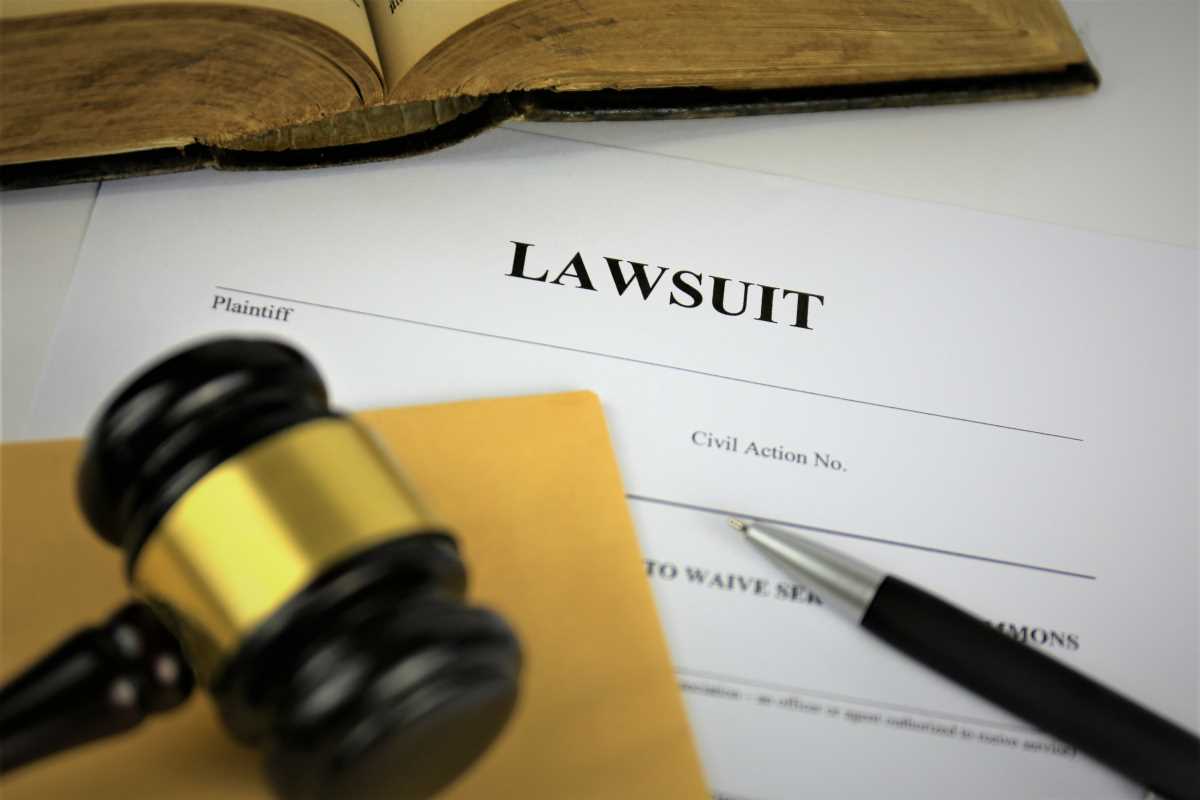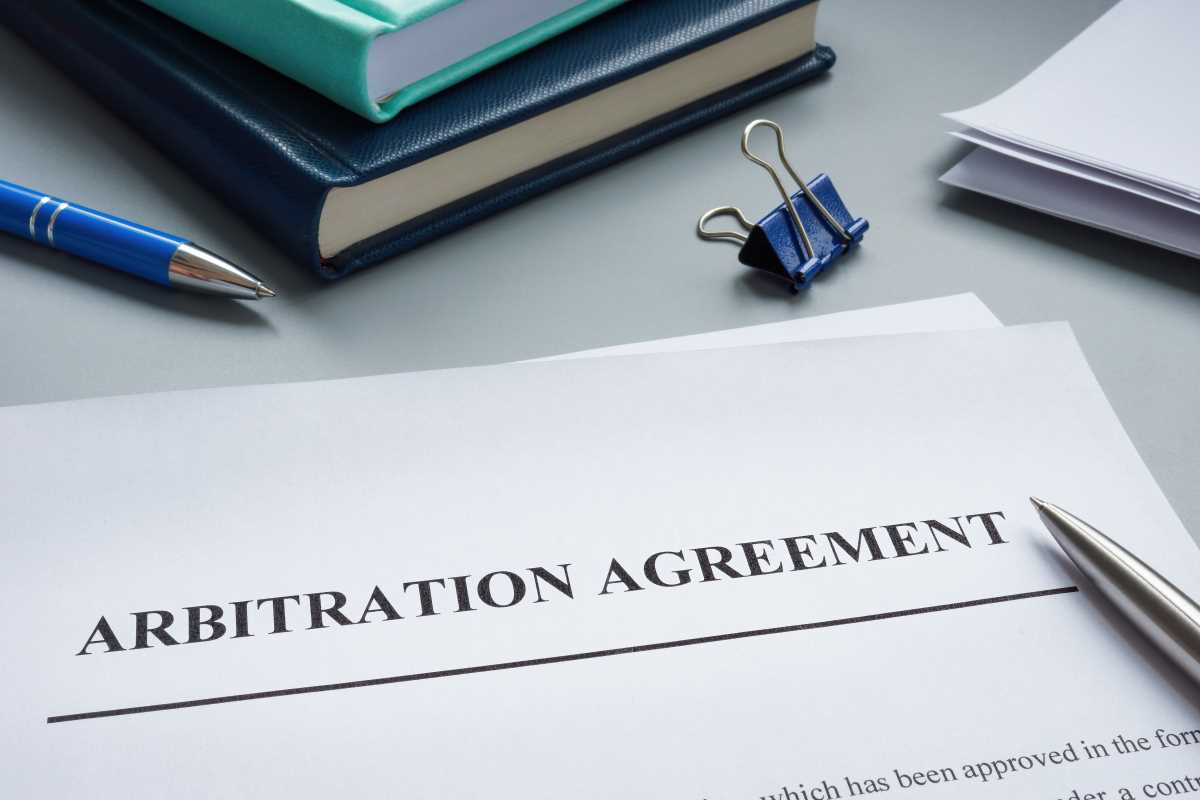The legal system can feel intimidating, especially when you are faced with situations that require professional representation. Whether you’re dealing with a business dispute, personal injury claim, or family law matter, having the right attorney by your side can significantly impact the outcome of your case. But how do you know which lawyer is the best fit for your needs? Choosing the right legal representation requires careful thought, research, and preparation.
This guide is designed to walk you through the process of finding the ideal legal professional for your case. It will also outline the important questions you should ask during initial consultations to ensure you are making an informed decision. With the right approach, you can find a lawyer who not only understands your needs but also works diligently to secure the best possible outcome.
Step 1: Understand Your Legal Needs
The first step in finding the best legal representation is to clearly identify the specific nature of your case. Different lawyers specialize in varying areas of law, such as criminal defense, employment law, family law, or personal injury cases. By determining which category your legal issue falls under, you can narrow down your search to attorneys who have experience handling similar cases.
For example, if you’re dealing with a workplace discrimination issue, you’ll want to look for an attorney with expertise in employment law. Alternatively, for a complex business matter, choose someone knowledgeable in corporate or contract law. Having a clear understanding of your legal needs ensures you approach attorneys with the right qualifications.
Step 2: Research Attorneys in Your Area
Once you’ve defined your legal needs, it’s time to research lawyers. Start by seeking recommendations from friends, family, or colleagues who may have worked with a lawyer in the past. Alternatively, use online resources such as law firm websites, attorney directories, or reviews on platforms like Avvo or Martindale-Hubbell.
Focus on attorneys who offer services within your area of law and in your jurisdiction. Laws can vary significantly from state to state or country to country, so it’s critical to find a lawyer licensed to practice in the correct location. Pay attention to client testimonials and peer reviews to assess the attorney's credibility and professionalism.
Step 3: Check Their Credentials and Experience
Not all lawyers have the same level of expertise. When researching potential legal representation, take the time to evaluate their credentials. Check where they earned their degrees, their standing with the local bar association, and whether they have any certifications that distinguish them in their field of practice.
Equally important is their experience. A lawyer who has handled cases similar to yours is more likely to understand the nuances and strategies needed to succeed. For instance, if you’re filing for divorce, hiring a family law attorney who has worked on numerous divorce cases will provide you with insights and solutions tailored to your situation.
Step 4: Evaluate Their Communication Style
Good communication is key to a successful attorney-client relationship. You’ll want an attorney who can clearly explain legal terms, processes, and strategies in a way that you understand. During your initial interactions, pay attention to how the attorney communicates. Do they listen carefully to your concerns? Are they patient in answering your questions, or do they rush through explanations?
An attorney who prioritizes clear communication and builds rapport with clients is more likely to keep you informed throughout your case and make you feel supported during what may be a stressful time.
Step 5: Review Fees and Billing Structure
Legal representation can be expensive, so understanding an attorney’s fees and billing structure is essential. Different attorneys charge in various ways, such as flat fees, hourly rates, or contingency fees (often used in personal injury cases, where the attorney only gets paid if you win).
Before hiring a lawyer, ask for an estimate of your case’s total costs. Make sure you understand how and when you’ll be billed so there are no surprises. Transparency in financial matters indicates professionalism and trustworthiness.
Questions to Ask During Consultations
Once you’ve narrowed down your options to a few potential lawyers, schedule initial consultations. These meetings are an opportunity to evaluate whether the attorney is the right fit for your case. Make the most of these discussions by asking the following key questions:
1. What’s your experience with cases like mine?
Ask the attorney whether they’ve handled cases similar to yours and what the outcomes were. This gives you a sense of their level of expertise and how confident they are in tackling your legal issue.
2. What is your approach to this type of case?
Every attorney has a unique way of handling cases, so it’s helpful to understand their strategy. For example, some lawyers focus on aggressive litigation, while others may prioritize negotiation or settlement. Choose someone whose approach aligns with your goals.
3. What is the estimated timeline for resolving my case?
Lawsuits and legal matters can take weeks, months, or even years to resolve. Ask the attorney for an estimated timeline based on the specifics of your case. This helps you plan accordingly for the potential length of the legal process.
4. Who will be working on my case?
Large law firms often delegate tasks to junior attorneys or paralegals. While this is not necessarily a problem, you’ll want to know who will be handling critical parts of your case. Ensure that your attorney is personally involved where it matters most.
5. What are the potential outcomes of my case?
While no lawyer can guarantee a specific result, a seasoned attorney should be able to outline the possible outcomes. Ask them to be honest about the strengths and weaknesses of your case so you have realistic expectations.
6. What are your fees and payment structure?
Clarify how the attorney charges for their services and whether there are additional court costs or administrative fees. Make sure you understand all financial aspects before proceeding, and ask about payment plan options if necessary.
7. What is the likelihood of going to trial?
Some cases are resolved through negotiation or mediation, while others proceed to court. Ask your attorney whether they anticipate your case going to trial and how they would prepare for that scenario.
8. How do you communicate with clients?
Establish how often you can expect updates on your case and the best ways to reach the attorney. Whether through phone, email, or in-person meetings, clear communication is crucial to maintaining trust throughout the legal process.
9. What are the risks involved in my case?
Every lawsuit carries risks, such as counterclaims or unfavorable rulings. Your attorney should be upfront about the potential challenges you may face, as well as strategies for mitigating these risks.
10. Why should I hire you?
Lastly, ask the attorney why they believe they are the best fit for your case. Their answer will give you insight into their confidence, commitment, and dedication to helping you achieve a favorable outcome.
 (Image via
(Image via





